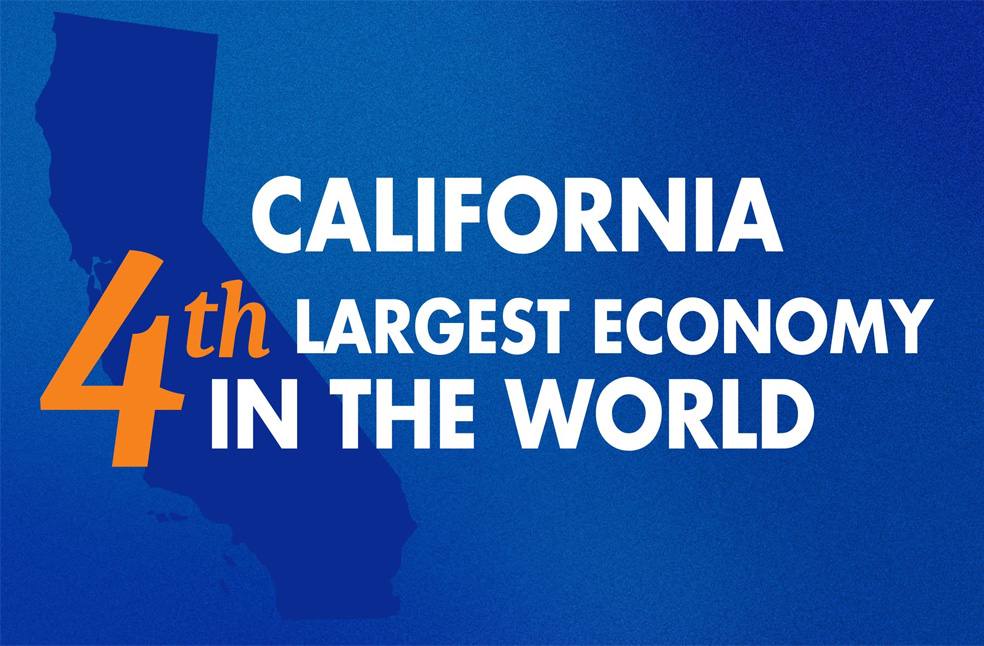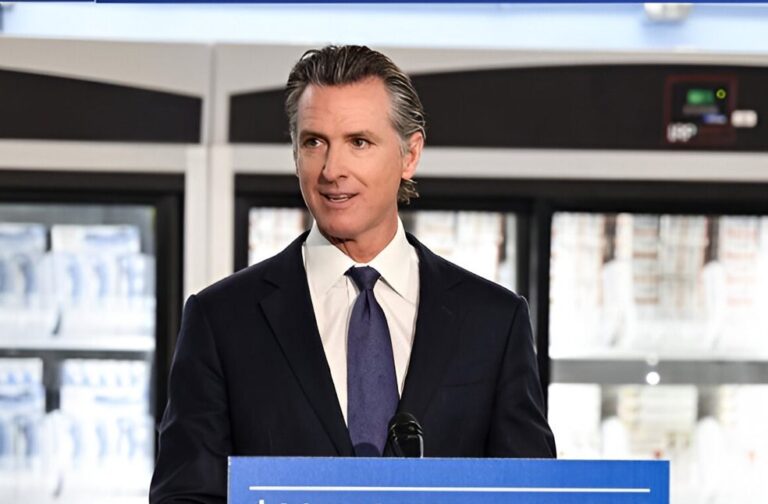Los Angeles: California has officially surpassed Japan to become the fourth-largest economy in the world, according to recent data from the International Monetary Fund (IMF) and the US Bureau of Economic Analysis.
In 2024, California’s gross domestic product (GDP) reached $4.10 trillion, overtaking Japan’s GDP of $4.01 trillion. Only Germany, China, and the United States as a whole now rank ahead of California.
Governor Gavin Newsom hailed the achievement as a sign of the state’s global leadership, stating that, “California isn’t just keeping pace with the world, we’re setting the pace.”
The state leads the US in manufacturing and agricultural output, serves as a hub of technological innovation, and is home to the global entertainment industry as well as the country’s two largest seaports.
Despite the economic milestone, Newsom voiced concern about the potential threats posed by federal trade policies under former President Donald Trump.
In response to sweeping tariffs imposed by Trump’s administration, Newsom, a leading Democrat and potential 2028 presidential contender, filed a lawsuit contesting Trump’s authority to enforce such levies. The governor warned that these policies could negatively impact California’s economy, which plays a critical role in powering the national economy.

Trump had implemented 10 percent tariffs on nearly all countries exporting to the US and placed an additional 25 percent levy on goods from Mexico and Canada. The most severe measures were directed at China, triggering a full-scale trade war.
The US placed import taxes of up to 145 percent on Chinese products, prompting China to retaliate with tariffs as high as 125 percent on American goods. Combined with existing duties, the total levies on some Chinese imports could soar to 245 percent.
Trump’s administration defended the tariffs as necessary to level the global playing field and incentivize domestic manufacturing and job growth. Tariffs and interest rate cuts were central to his broader economic agenda aimed at reducing borrowing costs and reviving US industry.
Meanwhile, Japan’s economic position has declined due to demographic challenges, including an ageing and shrinking population. These trends have strained the labor market and escalated social care costs.
This week, the IMF downgraded Japan’s economic growth forecast and suggested that the Bank of Japan may raise interest rates more cautiously than expected, partly due to the pressure of international tariffs.
In addition to being the fastest-growing economy among the world’s top economic players, California’s growth underscores its resilience amid global economic instability and solidifies its standing as a global economic powerhouse.



